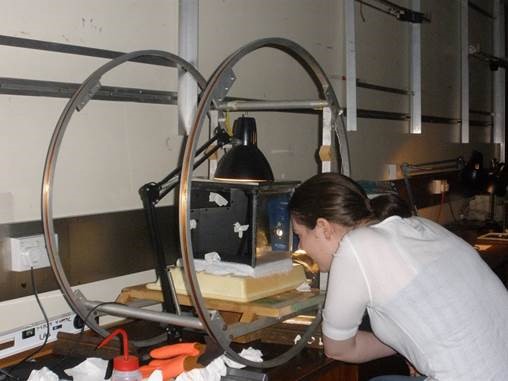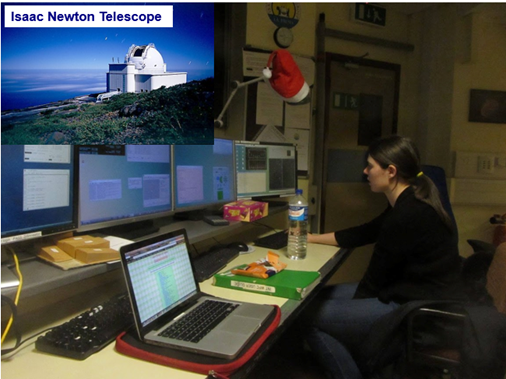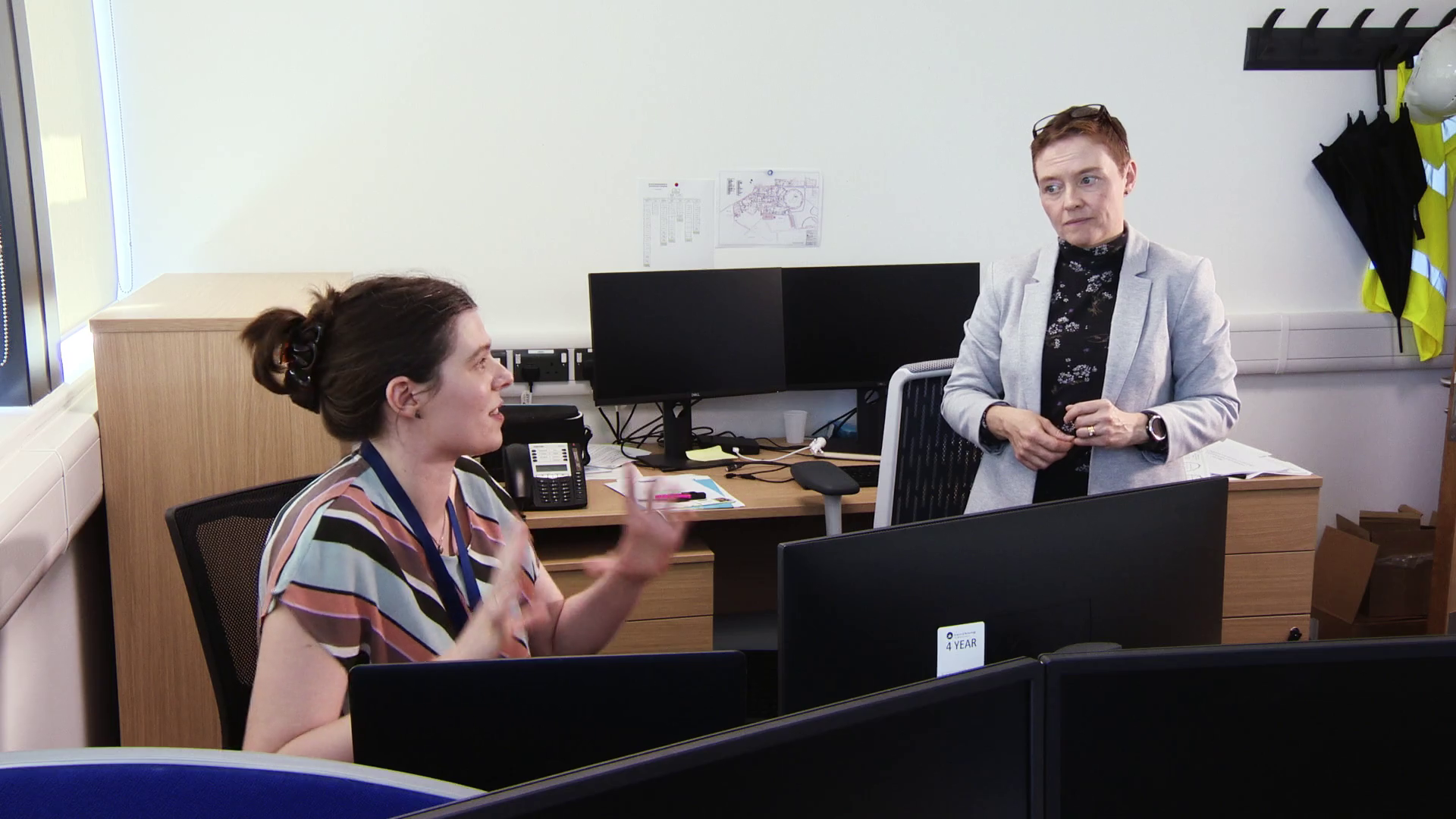How did you get into your job?
I grew up in a small town just outside Manchester where nothing much exciting happens. I didn't think I could ever work in science and I thought engineers came home covered in grease every day. I was very wrong on both counts!
For as long as I can remember I've wanted to know how things work. Physics was my favourite subject at school so when I finished my GCSEs I did A-levels in Physics, Maths, Further Maths and Chemistry. Then I completed a Physics MSci at Imperial College London and a PhD in the Physics of Comets at Mullard Space Science Laboratory/University College London. I was the first person in my family to go to university.
After I finished my PhD I wanted to move into the Space Industry as a Systems Engineer. I was told the best way to do that was to take another Masters but I didn't really have the money. Instead, I was lucky enough to get a place on Surrey Satellite Technology Ltd's Systems Engineering Graduate training scheme. I think it really helped that I'd attended the shorter Space Missions Operations Course at Goonhilly in Cornwall the summer before. On the graduate scheme I found myself training on the job with engineers who'd been through the Masters I'd been dreaming about and for the first couple of months it was very difficult – I didn't even have the right words to ask about what I didn't understand. But I worked hard and persevered, and with the help of some amazing colleagues I learnt a lot and loved being involved with building things that went into space. When the graduate scheme ended I was placed in the Radiation Engineering team, and although I enjoyed this work I missed the variety of Systems. So when a Systems Engineering job came up at RAL Space I applied and moved here in May 2019. I've been very happy here ever since and not once have I ever come home covered in grease!
What is your role?
I'm a Systems Engineer. It's my job to understand issues across different engineering disciplines and help to tie all the technical aspects together so that the end solution works as it should.
I've worked on a lot of different projects at RAL Space. I've spent a lot of time preparing one of our 5m thermal vacuum chambers for testing the Sentinel 5 instrument. I'm also currently working on two space instruments: Lagrange's Heliospheric Imager, which is a camera that's going to take pictures of the Sun; and ProSPA, which is a particle analyser that's going to the Moon.
Why is it important that you do what you do?
There are many different engineering disciplines and each requires such a high level of dedication to master, so it can sometimes be difficult to keep the big picture in mind – that’s where systems engineering comes in. There will always be cases where one discipline wants something that would be detrimental to another, and systems engineers have to mediate the discussion and decide how to move forward with the technical solution.
In terms of the projects I’m working on, the Sentinel 5 testing is important for RAL Space because it will be the first instrument to be tested in one of our newly commissioned 5m vacuum chambers. When it flies, the Sentinel 5 mission will be an important monitor of the Earth’s climate. The data it collects will help direct efforts against climate change.
The Lagrange mission is important because it will monitor the Sun and help us to understand space weather events that could cause damage to satellites around the Earth.
The ProSPA instrument is going analyse materials from the surface of the Moon. It’s important because this will help to determine if the Moon has valuable resources to support sustainable space exploration (e.g. mining water ice to turn into rocket fuel).
What's the best thing about your job?
It's never dull and no two days are ever the same. There's always something new to learn and a new challenge to tackle. Nothing is off limits.
What do you value about working for RAL Space?
You get to work with some amazing people who really care about delivering great science and engineering solutions. It really feels like we're pushing the boundaries and doing something important. It's also a really supportive environment to work in.
What advice would you give to people looking for a job in your industry?
There are so many ways into the space industry that you really shouldn’t be disheartened if the route you have your heart set on doesn’t seem to work for you – it didn’t for me. If you’re passionate and keen to learn then there’s a job for you somewhere, you just need to be patient and find it.
Is there anything you wish you could tell your younger self now?
Engineers solve problems, mechanics fix cars. And learn some foreign languages because you are going places!

Making a cloud chamber as an undergraduate at Imperial College London.

Observing at the Isaac Newton Telescope as part of my PhD studies.

Discussing using the STC3 vacuum chamber at RAL Space.
